

Articles
How To Store Rice Vinegar After Opening
Modified: February 27, 2024
Learn the best way to store rice vinegar after opening in this helpful article. Keep your favorite ingredient fresh and ready for your next recipe!
(Many of the links in this article redirect to a specific reviewed product. Your purchase of these products through affiliate links helps to generate commission for Storables.com, at no extra cost. Learn more)
Introduction
Welcome to the world of culinary delights! Whether you are a professional chef or a cooking enthusiast, you probably have a wide range of sauces and condiments in your pantry. One such staple that you might have is rice vinegar. This versatile vinegar adds a tangy and slightly sweet flavor to a variety of dishes, from stir-fries to salad dressings.
While it is easy to overlook the importance of proper storage, it is essential to maintain the freshness and quality of rice vinegar after opening. Improper storage can lead to a decline in taste, aroma, and even spoilage. To ensure that your bottle of rice vinegar remains flavorsome and ready to use, follow the tips and guidelines outlined in this article.
From choosing the right storage location to picking the suitable containers, we will cover everything you need to know about storing rice vinegar. So, let’s get started and unravel the secrets of preserving the flavor and longevity of this quintessential ingredient!
Key Takeaways:
- Proper storage of rice vinegar is crucial for maintaining its freshness, flavor, and quality. By using airtight containers, avoiding heat and light exposure, and checking for spoilage, you can ensure its longevity and optimal taste.
- Whether stored in the pantry or refrigerator, rice vinegar should be used within recommended timeframes for the best flavor. Choosing the right storage location, inspecting for spoilage, and understanding its shelf life are key to enjoying its delightful flavors.
Read more: How To Store White Vinegar After Opening
Why Proper Storage of Rice Vinegar is Important
Proper storage of rice vinegar is crucial for maintaining its quality and extending its shelf life. Here are a few reasons why you should pay attention to how you store your rice vinegar:
- Freshness: Storing rice vinegar properly helps to preserve its freshness. The delicate flavors and aromas of rice vinegar can easily degrade if exposed to improper storage conditions such as air, light, or heat. By taking appropriate storage measures, you can ensure that your rice vinegar retains its vibrant taste.
- Preventing Contamination: Rice vinegar, like any other food product, is susceptible to contamination by bacteria, yeast, or mold. Proper storage can help minimize the risk of microbial growth and ensure that your rice vinegar remains safe for consumption.
- Optimal Flavor Retention: Rice vinegar owes its distinct flavor profile to the fermentation process. By storing it properly, you can preserve the delicate balance of flavors, including the tanginess and subtle sweetness. This will enhance your culinary creations and allow you to enjoy rice vinegar’s unique taste.
- Prolonged Shelf Life: When stored correctly, rice vinegar can have an extended shelf life. This means you can stock up on this versatile ingredient without worrying about it losing its quality or going to waste. Proper storage will help you maximize the longevity of your bottle of rice vinegar.
Now that you understand the importance of proper storage, let’s delve into some practical tips and techniques to keep your rice vinegar in prime condition.
Tips for Storing Rice Vinegar
Storing rice vinegar properly is essential to maintain its freshness, flavor, and quality. Here are some helpful tips to ensure that your rice vinegar stays in optimal condition:
- Choose the right container: When storing rice vinegar, it is important to use a container that is airtight and made of non-reactive materials. Glass or plastic containers with tight-fitting lids are ideal. Avoid storing rice vinegar in containers made of metal or reactive materials, as they can affect the taste and quality of the vinegar.
- Seal it tightly: After each use, make sure to seal the bottle tightly to prevent air from entering. Exposure to air can lead to oxidation and spoilage of the vinegar.
- Keep it away from direct sunlight: Rice vinegar should be stored in a cool and dark place, away from direct sunlight. Sunlight exposure can accelerate the breakdown of flavors and compromise the quality of the vinegar.
- Avoid extreme temperatures: Fluctuations in temperature can negatively impact the vinegar. Avoid storing rice vinegar near heat sources such as stovetops or ovens, as the heat can alter the taste and aroma. Similarly, avoid storing it in areas prone to extreme cold, such as the freezer, as it can affect the vinegar’s texture.
- Store in a stable environment: Choose a storage location that maintains a stable temperature and humidity level. Excessive humidity can potentially promote mold growth, while low humidity can cause the vinegar to evaporate quickly.
- Keep it away from strong odors: Rice vinegar can absorb strong odors from nearby ingredients or spices. To prevent this, store it separately from pungent foods such as onions, garlic, and spices.
- Label and date the bottle: It’s a good practice to label your bottle of rice vinegar with the date of opening. This will help you keep track of its shelf life and ensure that you use it within a reasonable timeframe.
By following these tips, you can ensure that your rice vinegar stays fresh and flavorful for a prolonged period.
Storing Rice Vinegar in the Pantry
The pantry is a convenient and accessible location for storing rice vinegar. Follow these steps to ensure that your rice vinegar remains in optimal condition:
- Choose a cool spot: Select a cool and dark area in your pantry to store the rice vinegar. Make sure the spot is away from direct sunlight and heat sources, such as the stove or oven.
- Keep it upright: Store the rice vinegar bottle in an upright position to prevent leakage and maintain a proper seal. This will ensure that the vinegar remains airtight and free from contamination.
- Organize with care: Keep the rice vinegar away from other strong-smelling ingredients or spices to prevent any odor absorption. It’s also a good idea to store it in a designated area, separate from other condiments or pantry items.
- Check for leaks: Regularly inspect the bottle for any signs of leakage or damage. If you notice any leaks, transfer the vinegar to a new airtight container to prevent spoilage and maintain freshness.
- Use within the recommended timeframe: Unlike some other vinegar varieties, rice vinegar does not have an indefinite shelf life. It is recommended to use the vinegar within 1-2 years of opening for optimal flavor and quality. Be sure to check the manufacturer’s guidelines for specific recommendations.
Storing rice vinegar in the pantry is a convenient option for quick and easy access. By following these tips, you’ll be able to enjoy the tangy and sweet flavors of rice vinegar in your dishes for an extended period.
Storing Rice Vinegar in the Refrigerator
If you prefer to store your rice vinegar in a cooler environment, the refrigerator is an excellent option. Here’s how to properly store rice vinegar in the refrigerator:
- Securely seal the bottle: Ensure that the cap or lid of the rice vinegar bottle is tightly sealed before placing it in the refrigerator. This will help maintain the vinegar’s freshness and prevent any cross-contamination with other food items in the fridge.
- Choose the right spot: Find a suitable spot in the refrigerator where the temperature is consistent and not prone to frequent temperature fluctuations. The door is not an ideal location as it is subject to temperature changes every time it’s opened.
- Keep it away from strong-smelling foods: To prevent the rice vinegar from absorbing unwanted odors, store it away from strong-smelling foods like onions, garlic, and certain cheeses.
- Store in an airtight container: If you prefer to transfer the rice vinegar to a different container for storage, ensure that it is airtight and made of non-reactive materials, such as glass or food-grade plastic, to maintain the vinegar’s quality.
- Monitor the temperature: Set your refrigerator to a consistent temperature, typically between 35-40°F (1-4°C), to ensure the ideal storage conditions for the rice vinegar.
- Check for changes in texture or flavor: Periodically inspect the rice vinegar for any changes in texture or flavor. If you notice any off smells or tastes, it may be an indication that the vinegar has spoiled and should be discarded.
- Use within the recommended timeframe: While rice vinegar generally has a longer shelf life than other vinegars, it is still advisable to use it within 2-3 years of opening for the best taste and quality.
By following these guidelines, you can store your rice vinegar in the refrigerator with confidence, ensuring its freshness and preserving its delicate flavors.
Store rice vinegar in a cool, dark place, away from heat and sunlight. Keep it tightly sealed to prevent air exposure and maintain its quality. Refrigeration is not necessary, but it can extend the vinegar’s shelf life.
Read more: How To Store Red Wine Vinegar After Opening
Using Airtight Containers for Long-Term Storage
If you want to store rice vinegar for an extended period, using airtight containers is crucial. Here’s why it’s important and how to go about it:
The Benefits of Airtight Containers:
Using airtight containers offers several advantages when it comes to long-term storage of rice vinegar:
- Freshness Preservation: Airtight containers create a barrier that prevents air from coming into contact with the vinegar. This helps preserve its freshness, flavor, and aroma for a longer period.
- Protection from Contamination: Airtight containers significantly reduce the risk of contamination by microorganisms, such as bacteria, yeast, or mold. This ensures that your rice vinegar remains safe for consumption throughout its storage duration.
- Minimizing Oxidation: Air exposure can lead to oxidation, which can negatively impact the quality of the rice vinegar. Airtight containers prevent this oxidation process, helping to maintain the vinegar’s taste and appearance.
- Easy Portability: Airtight containers are generally spill-proof and leak-proof, making them ideal for storing and transporting rice vinegar without any mess or waste.
Tips for Using Airtight Containers:
When using airtight containers for storing rice vinegar, keep the following tips in mind:
- Select the Right Container: Choose a container that is specifically designed for airtight storage. Look for containers made of food-grade materials, such as glass, plastic, or stainless steel. Ensure that the container has a secure and tight-fitting lid or closure mechanism.
- Clean and Dry: Before transferring the rice vinegar to the airtight container, make sure it is clean and dry. Any moisture or residue left in the container can affect the quality of the vinegar or lead to mold growth.
- Label and Date: Label the container with the contents and the date of storage. This will help you keep track of the vinegar’s freshness and ensure that you use it within a reasonable timeframe.
- Store in a Suitable Location: Place the airtight container of rice vinegar in an appropriate environment, whether it’s in the pantry or the refrigerator, following the recommended storage guidelines mentioned earlier.
- Avoid Temperature Extremes: Regardless of the storage location, it’s important to keep the airtight container away from extreme temperatures or fluctuations, which can impact the quality and integrity of the vinegar.
- Regularly Inspect and Rotate: Periodically check the airtight container for any signs of leaks, damage, or moisture. Additionally, if you have multiple containers of rice vinegar, consider rotating them, using the oldest ones first to ensure they are used within the recommended timeframe.
By using airtight containers for long-term storage, you can effectively preserve the freshness and quality of your rice vinegar, allowing you to enjoy its delicious flavors whenever you need them.
Avoiding Exposure to Heat and Light
Proper storage of rice vinegar involves protecting it from exposure to heat and light. Here’s why it’s important and how to accomplish it:
The Effects of Heat and Light Exposure:
Heat and light can have detrimental effects on the quality and flavor of rice vinegar. Here are a few reasons why avoiding exposure to heat and light is essential:
- Flavor Degradation: Heat and light can accelerate chemical reactions in rice vinegar, leading to changes in flavor and aroma. The delicate balance of tanginess and sweetness in rice vinegar can be compromised, resulting in a less desirable taste.
- Quality Deterioration: Prolonged exposure to heat and light can cause the breakdown of nutrients and antioxidants present in rice vinegar. This can result in a loss of nutritional value and quality over time.
- Possible Spoilage: Heat and light can create an ideal environment for microbial growth, potentially leading to spoilage and the formation of mold or bacteria. This not only affects the quality of the vinegar but also poses a health risk if consumed.
Tips to Avoid Heat and Light Exposure:
To protect your rice vinegar from heat and light, follow these simple yet effective tips:
- Choose a Suitable Storage Location: Select a storage location for your rice vinegar that is away from direct sunlight and any sources of heat, such as stovetops, ovens, or radiators. A cool and dark area, such as a pantry or cupboard, is ideal.
- Use Dark-Colored Bottles: If possible, opt for rice vinegar bottles made of dark-colored glass. Dark glass provides an extra layer of protection against light exposure and helps preserve the vinegar’s quality.
- Wrap in a Non-Transparent Cover: If using a clear glass bottle, consider wrapping it with a non-transparent cover, such as aluminum foil, to further shield the vinegar from light exposure.
- Avoid Displaying Near Windows: Keep your rice vinegar bottles away from windows, as sunlight can easily penetrate and cause damage even through the glass. Store them in a more shaded area of your kitchen or storage space.
- Transfer to Opaque Containers: If the original rice vinegar bottle is transparent or not suitable for light protection, you can transfer the vinegar to an opaque container, such as an airtight, dark plastic or stainless steel bottle, to minimize light exposure.
- Refrigeration for Extended Shelf Life: If you live in a particularly hot or humid climate, consider storing your rice vinegar in the refrigerator for an added layer of protection from both heat and light exposure.
By implementing these measures, you can safeguard your rice vinegar from the damaging effects of heat and light, ensuring that its flavor and quality are maintained for a longer period.
Checking for Spoilage and Shelf Life of Rice Vinegar
It is important to regularly check for spoilage and be aware of the shelf life of rice vinegar to ensure its freshness and quality. Here are some guidelines to help you determine if your rice vinegar is still safe to use:
Inspection for Spoilage:
While rice vinegar generally has a long shelf life, it is still important to check for signs of spoilage before using it. Here are some indicators to look for:
- Changes in Color and Clarity: Rice vinegar should have a clear and transparent appearance. If you notice any cloudiness, discoloration, or sedimentation, it may be an indication of spoilage.
- Unpleasant Odor: Rice vinegar should have a mild and pleasant aroma. If you detect any off or unusual odors, such as a strong vinegar smell or a musty scent, it could be a sign of deterioration.
- Off or Sour Taste: Rice vinegar should have a tangy and slightly sweet taste. If it tastes sour, bitter, or rancid, it may have spoiled and should not be consumed.
- Mold or Growth: Any visible growth, such as mold or other foreign substances, is a clear indicator of spoilage. Discard the vinegar immediately if you notice any such growth.
Shelf Life of Rice Vinegar:
The shelf life of rice vinegar can vary depending on various factors such as the brand, processing method, and storage conditions. Unopened bottles of rice vinegar can generally last for a few years if stored correctly. However, once opened, the shelf life of rice vinegar decreases. Here are some general guidelines:
- Unopened Bottles: Unopened bottles of rice vinegar can last for at least 2-3 years when stored properly in a cool and dark place.
- Opened Bottles in the Pantry: Once opened, rice vinegar stored in the pantry should be consumed within 1-2 years for the best flavor and quality. However, always check for signs of spoilage before using it.
- Opened Bottles in the Refrigerator: Storing opened rice vinegar in the refrigerator can prolong its shelf life. It can typically last for 2-3 years when stored properly in the fridge. However, remember to check for signs of spoilage periodically.
It is important to note that these are general guidelines, and the shelf life of rice vinegar can vary. Always check the manufacturer’s label for specific instructions and recommended storage guidelines.
By regularly inspecting your rice vinegar and being aware of its shelf life, you can ensure that you are using a fresh and safe product in your culinary creations.
Conclusion
Proper storage of rice vinegar is essential for preserving its freshness, flavor, and quality. Whether you choose to store it in the pantry or the refrigerator, following a few simple guidelines can make a significant difference in maintaining the integrity of this versatile ingredient.
By choosing airtight containers and storing rice vinegar away from heat, light, and strong odors, you can extend its shelf life and ensure its optimal taste and aroma. Regularly checking for signs of spoilage, such as changes in color, odor, or taste, is crucial to ensure that the vinegar remains safe for consumption.
Understanding the recommended shelf life of rice vinegar, both unopened and opened, is also important for planning and using it effectively in your culinary endeavors. Using rice vinegar within the suggested time frames will guarantee the highest quality and flavor.
So, whether you’re using rice vinegar in marinades, dressings, or various Asian-inspired dishes, make sure to prioritize its storage. Your efforts to store it properly will reward you with exquisite flavors and enhance your culinary creations.
Remember, rice vinegar is a beloved ingredient that can add a tangy and slightly sweet twist to your favorite dishes. By employing the tips and techniques discussed in this article, you can effectively store rice vinegar and enjoy its outstanding flavors for a long time to come!
Frequently Asked Questions about How To Store Rice Vinegar After Opening
Was this page helpful?
At Storables.com, we guarantee accurate and reliable information. Our content, validated by Expert Board Contributors, is crafted following stringent Editorial Policies. We're committed to providing you with well-researched, expert-backed insights for all your informational needs.

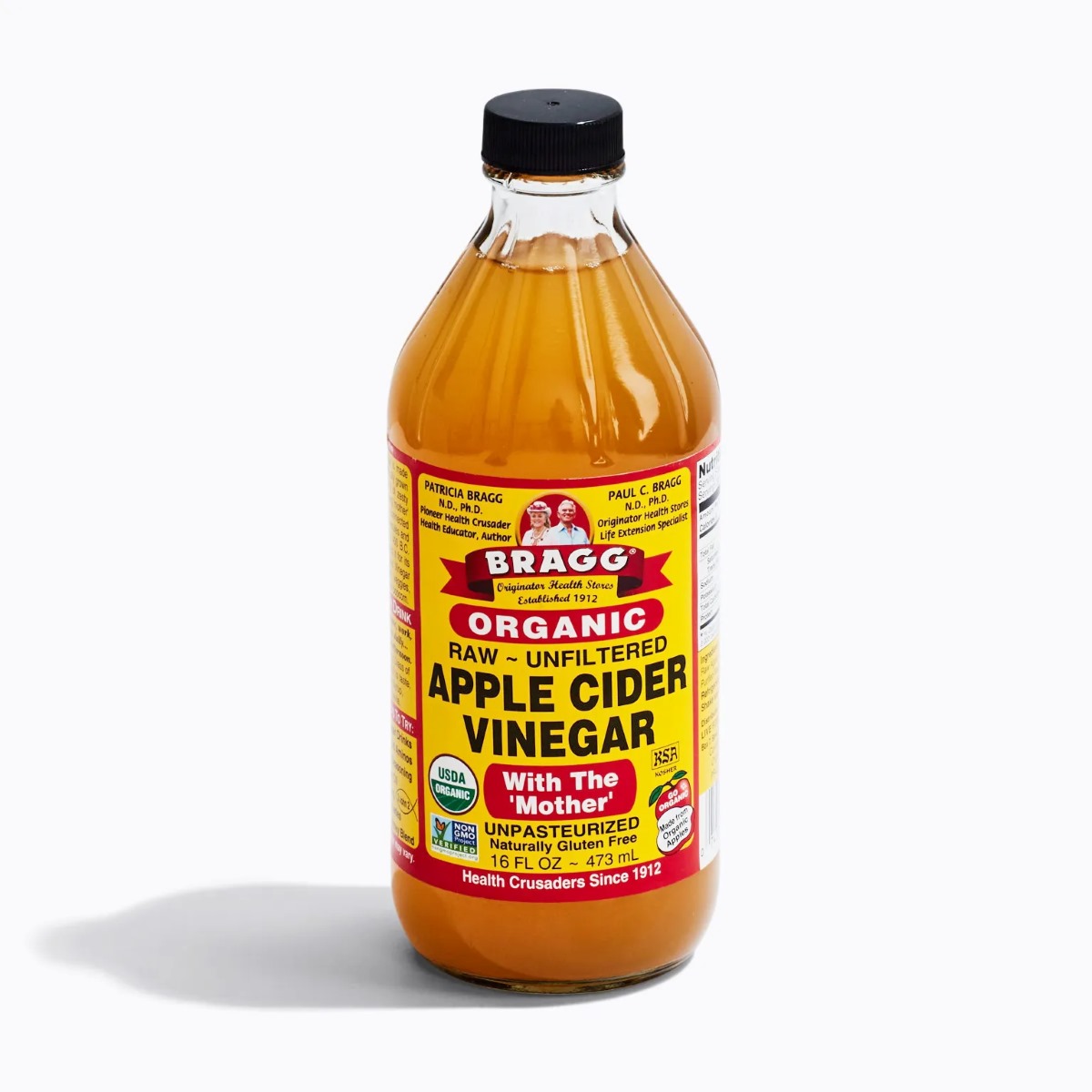




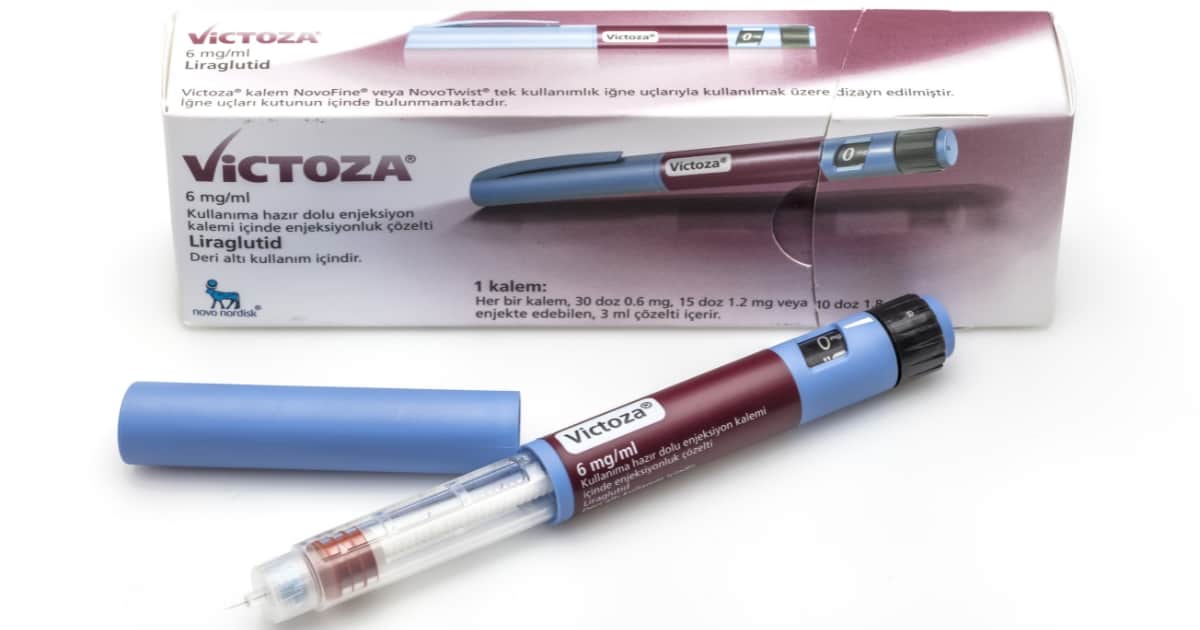
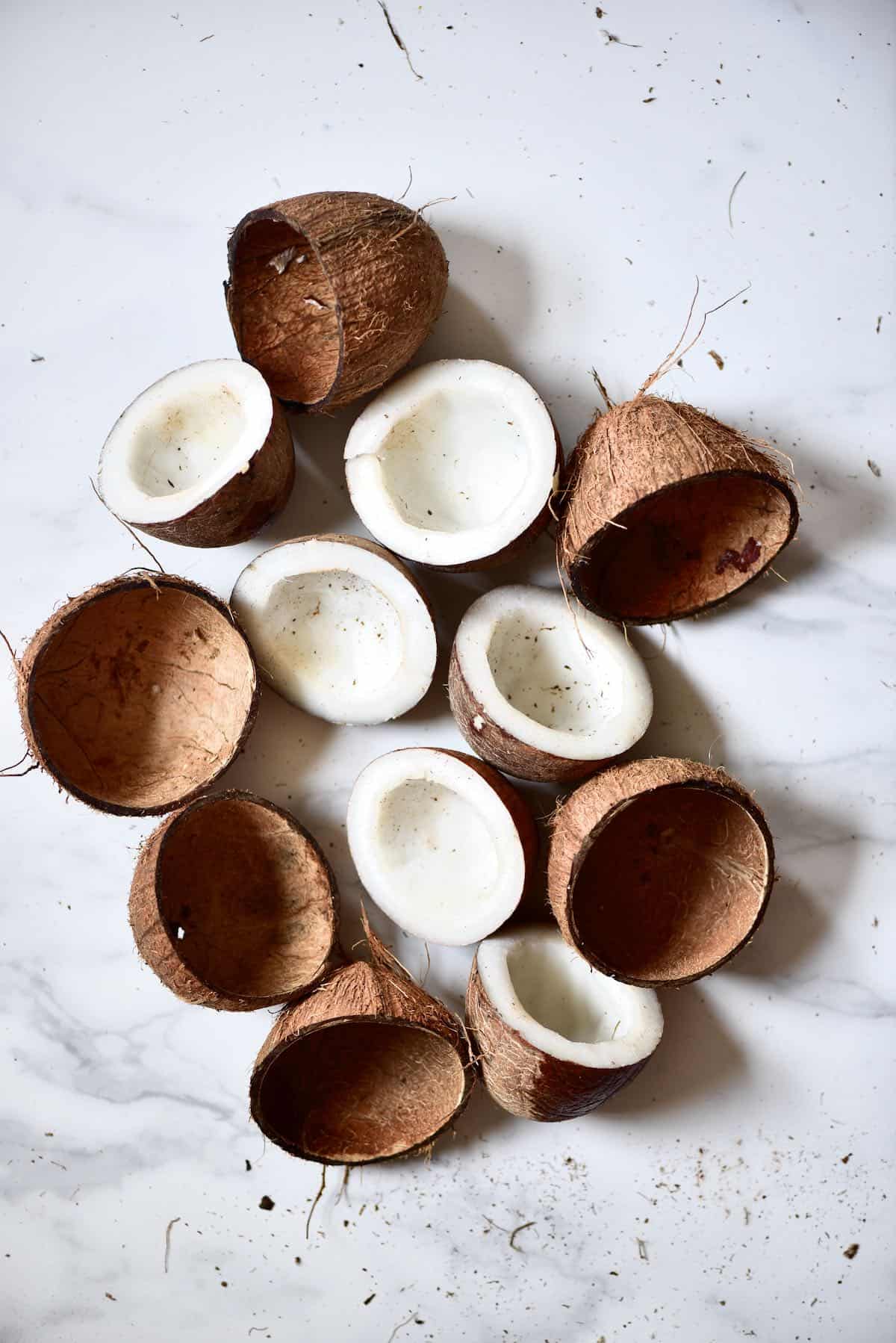


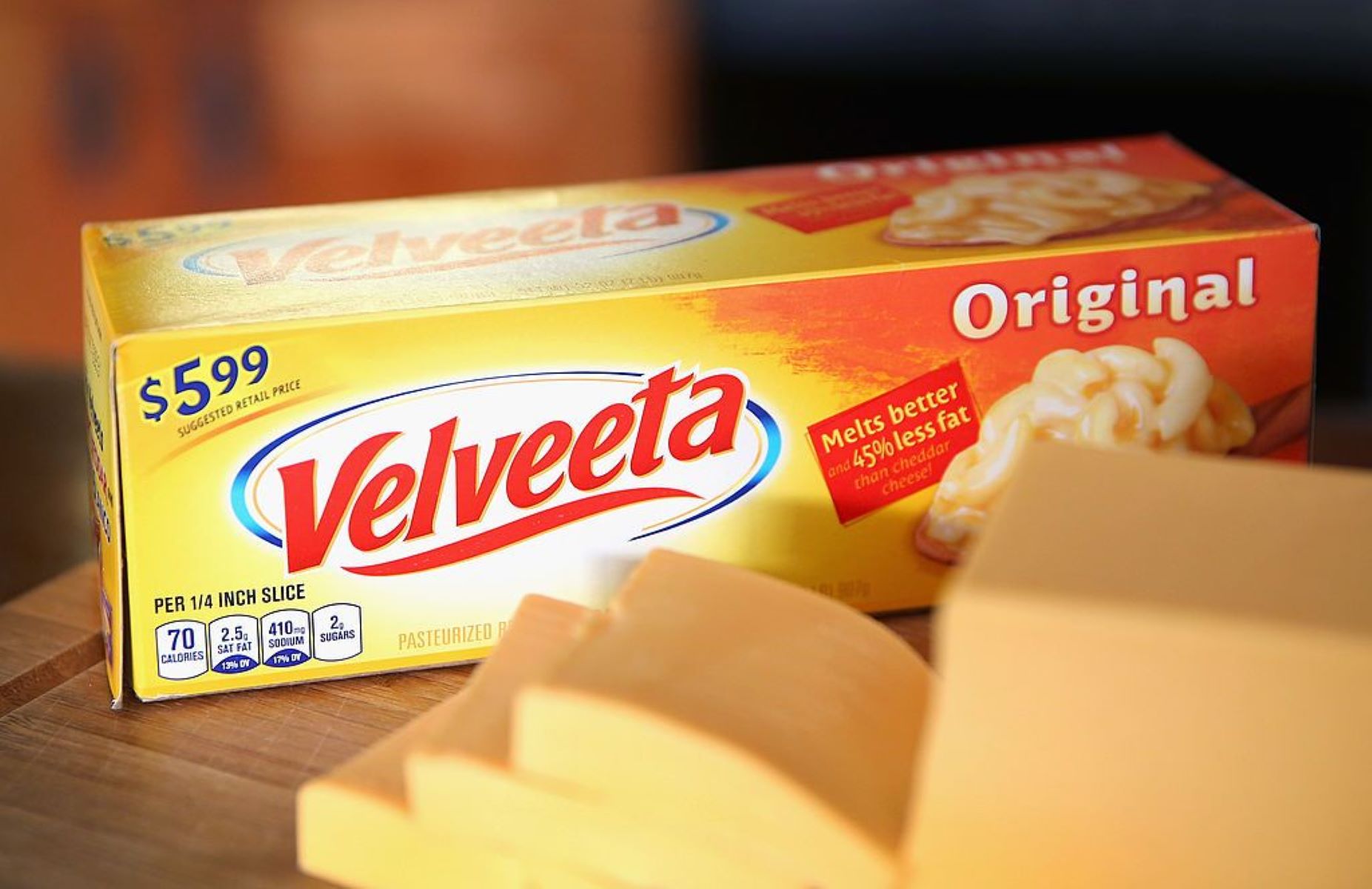

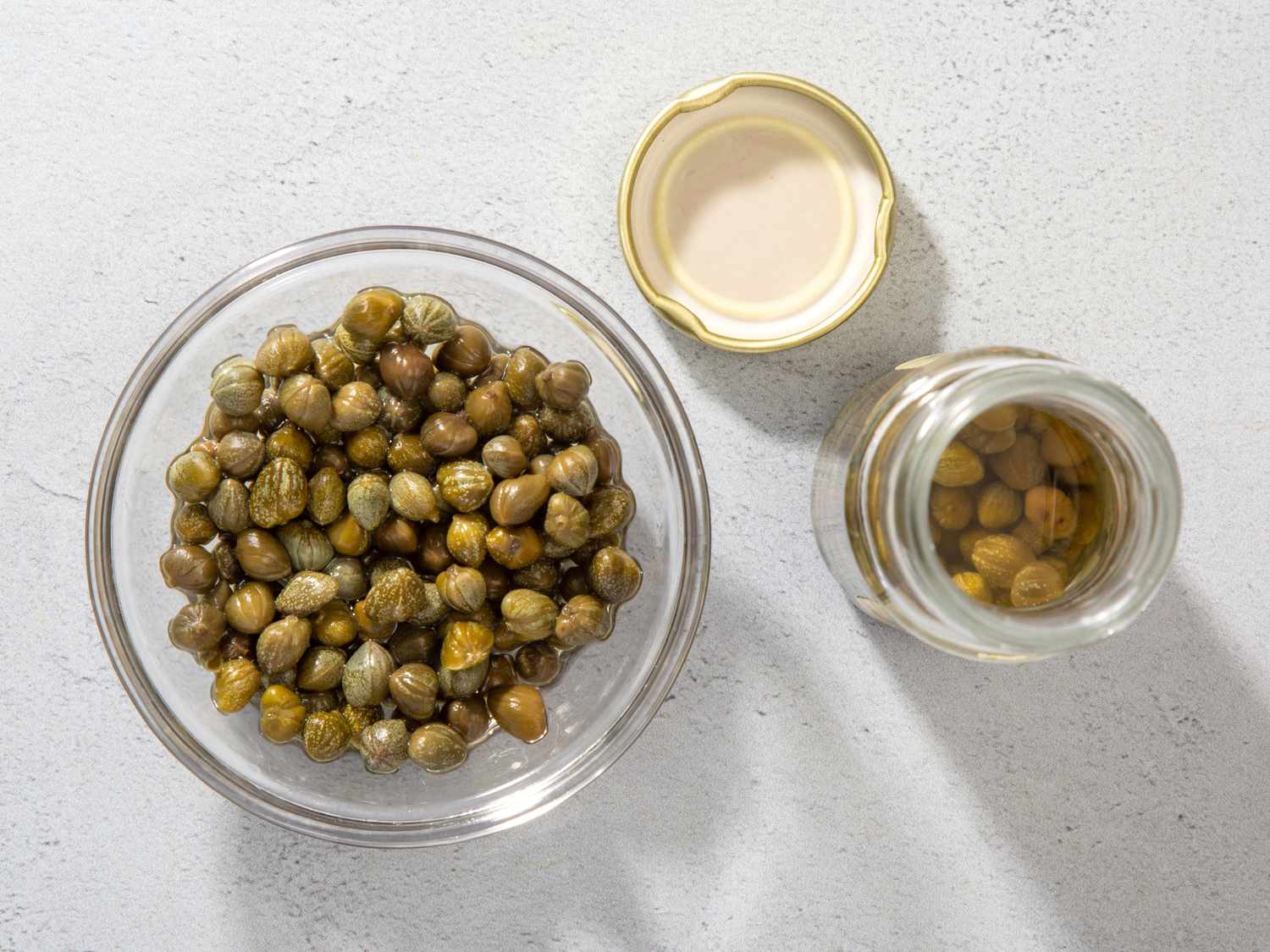


0 thoughts on “How To Store Rice Vinegar After Opening”